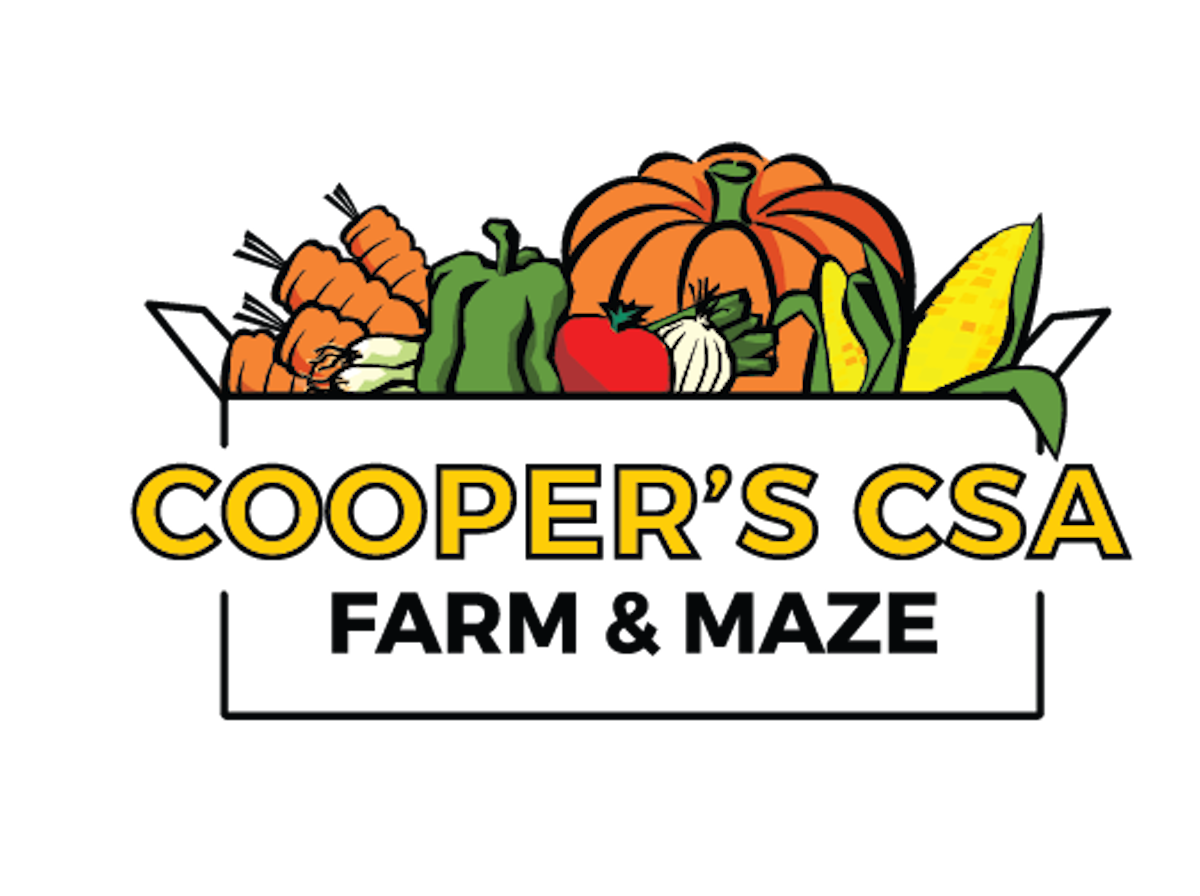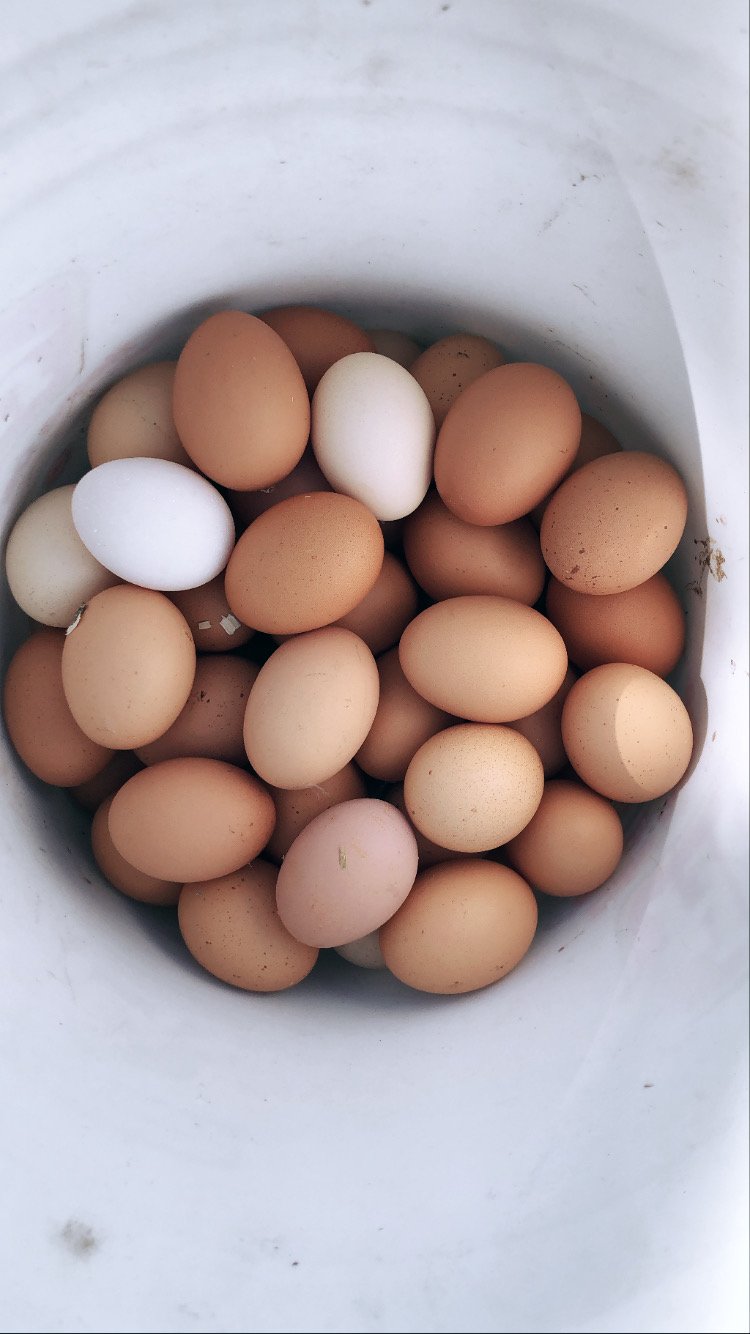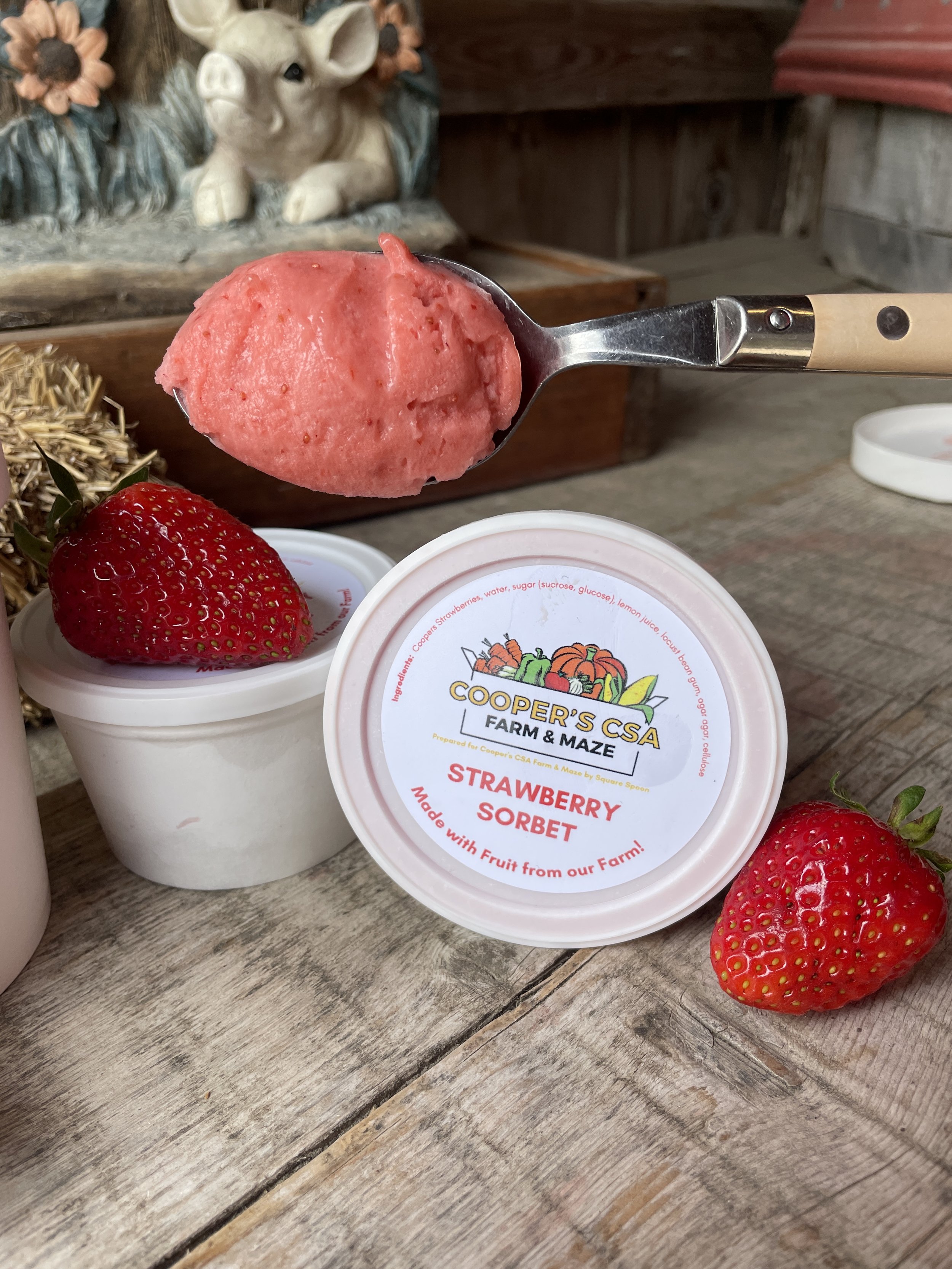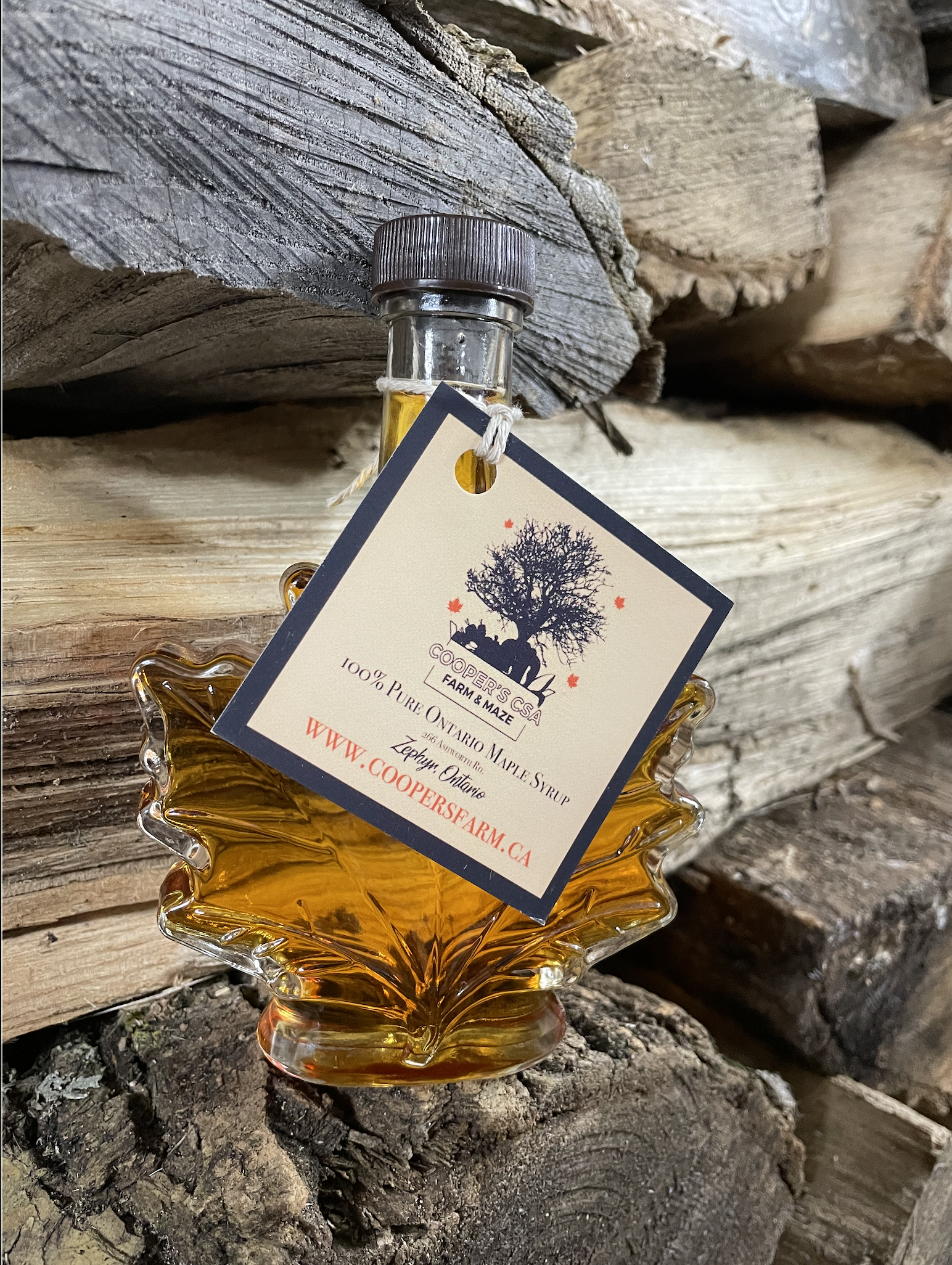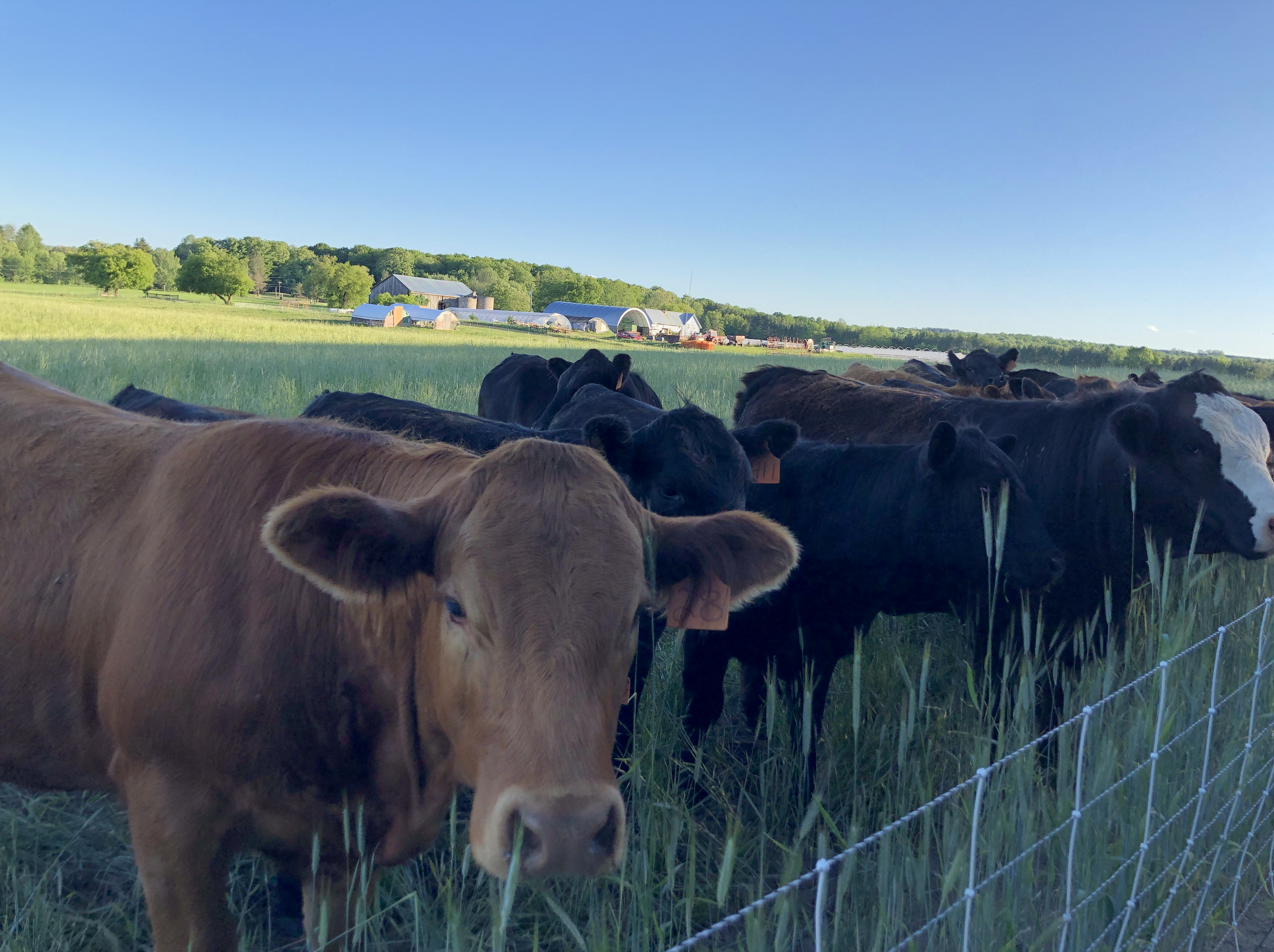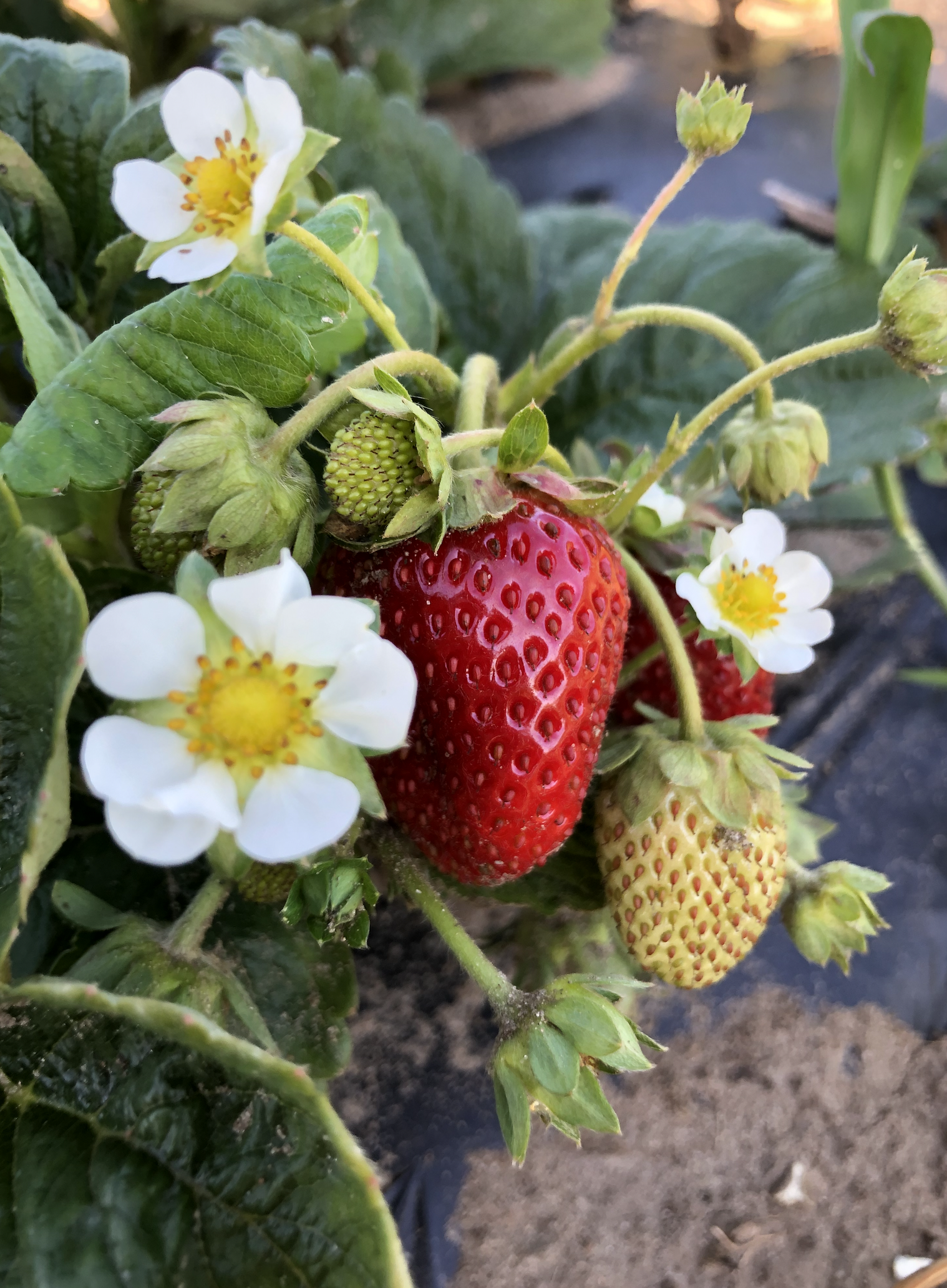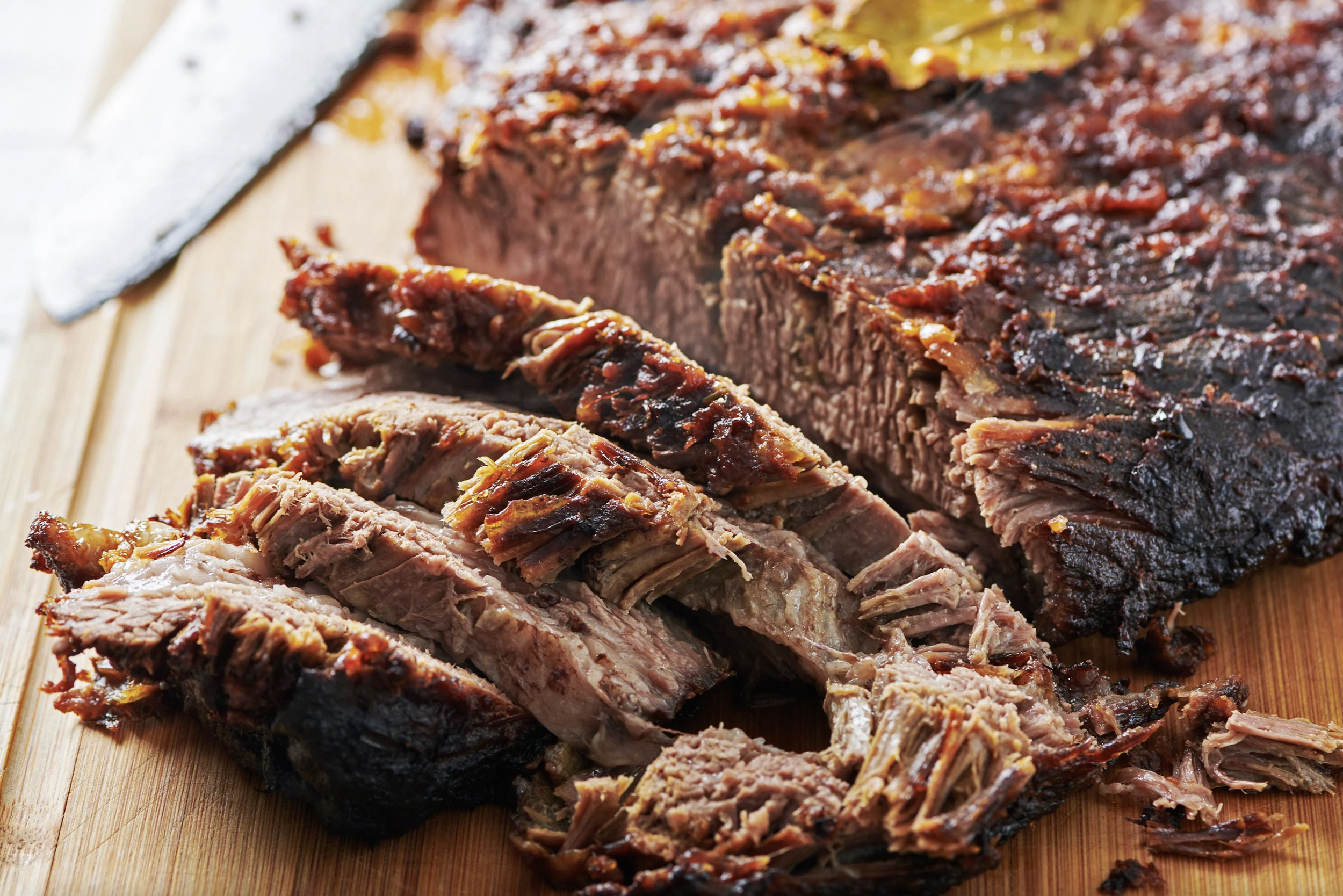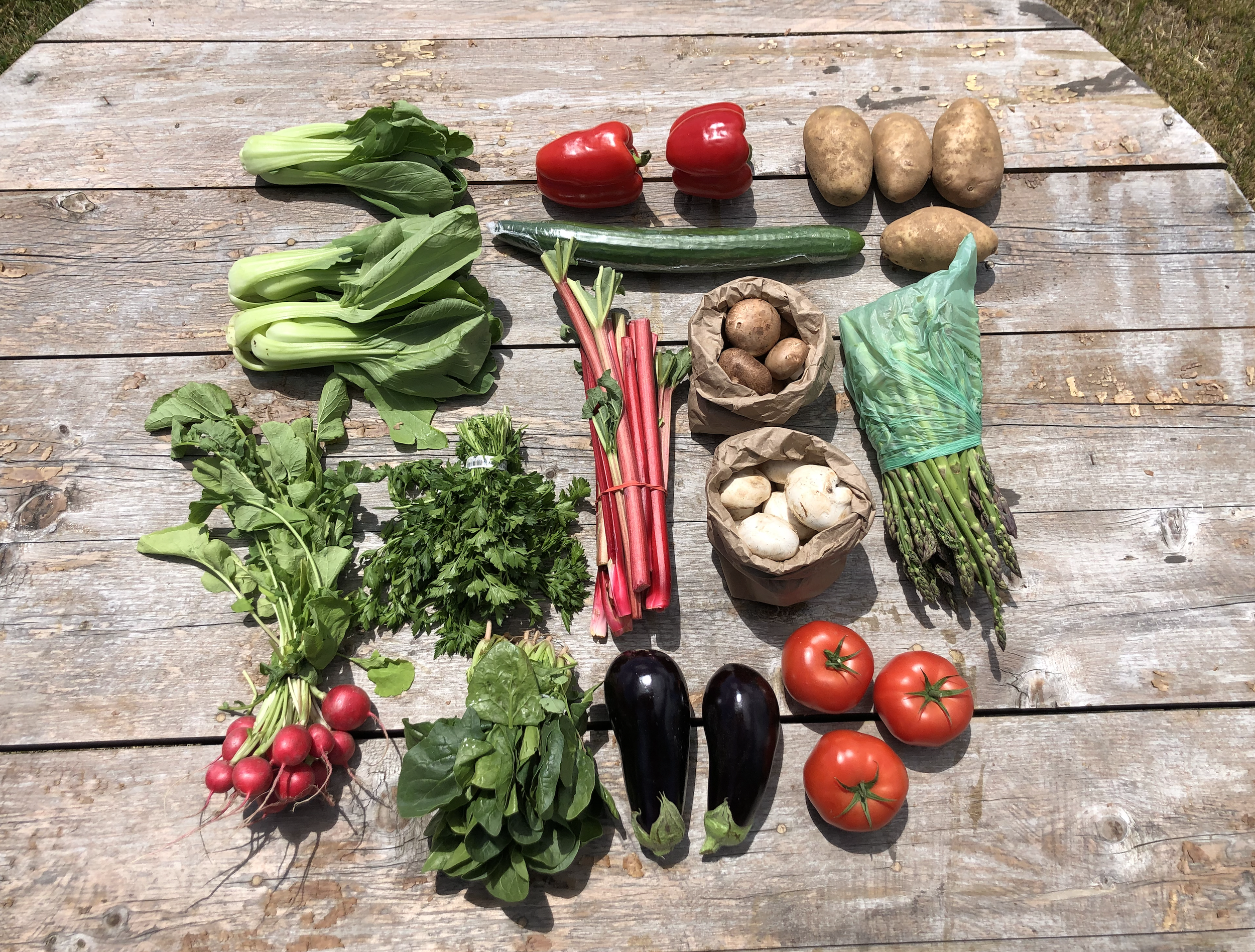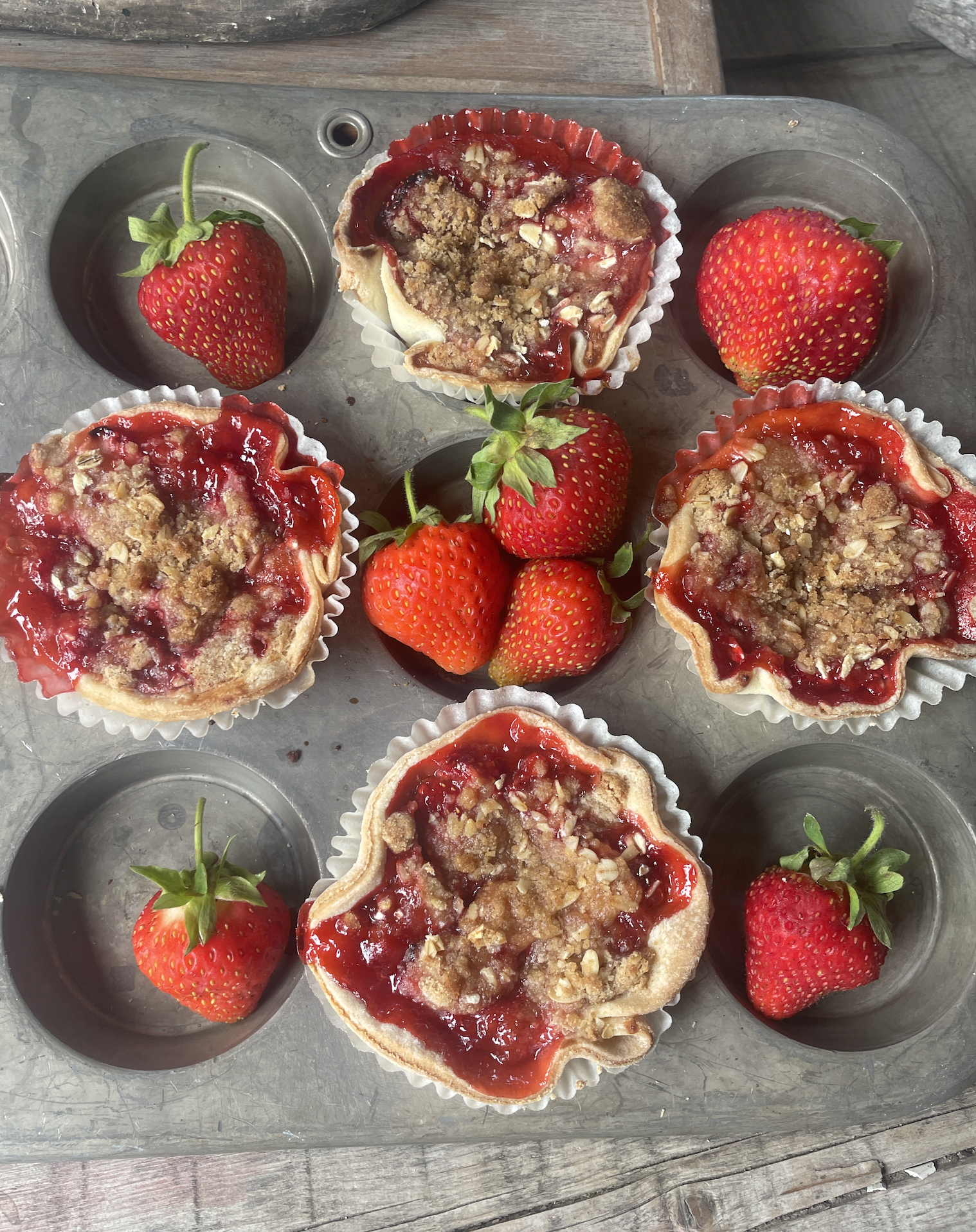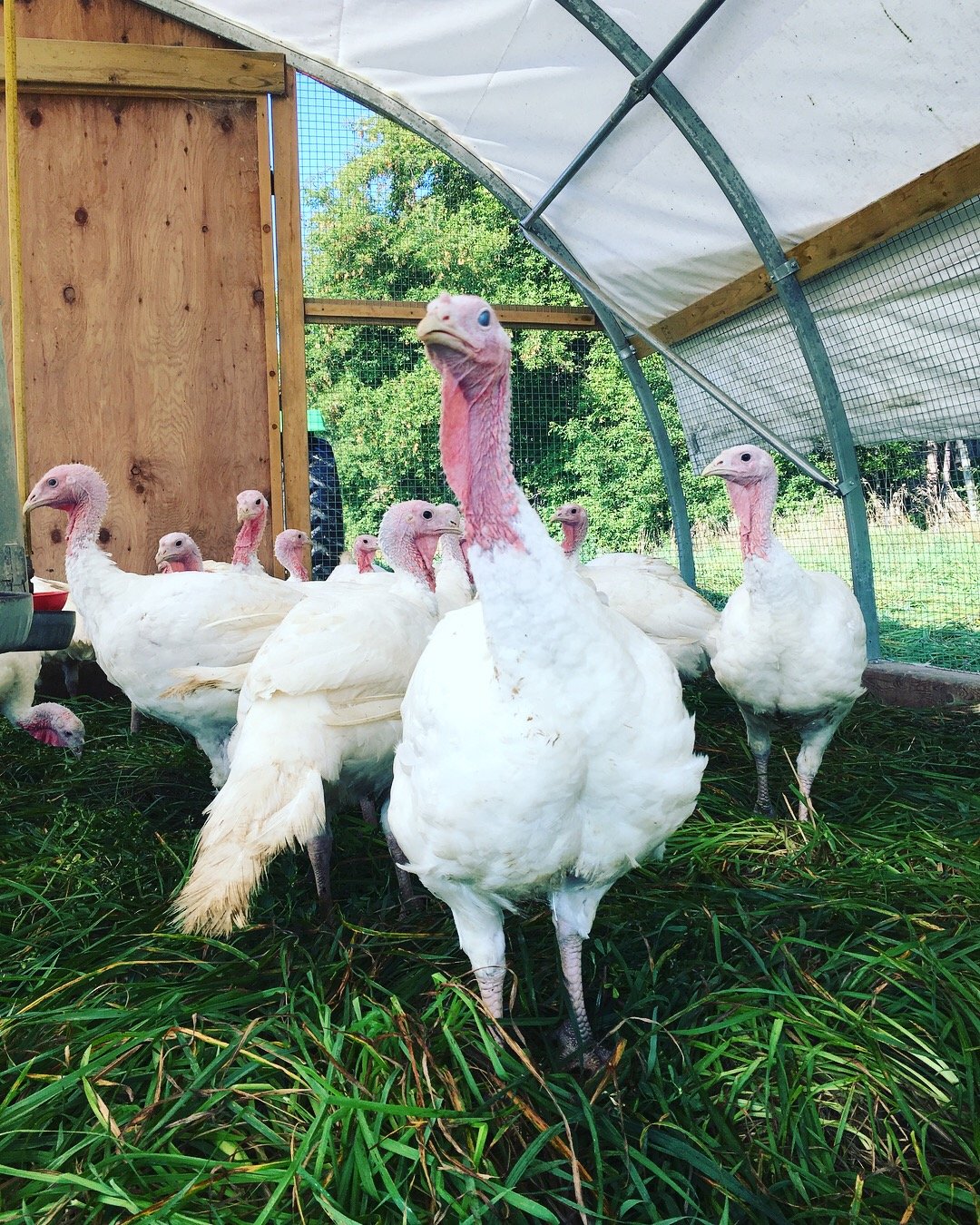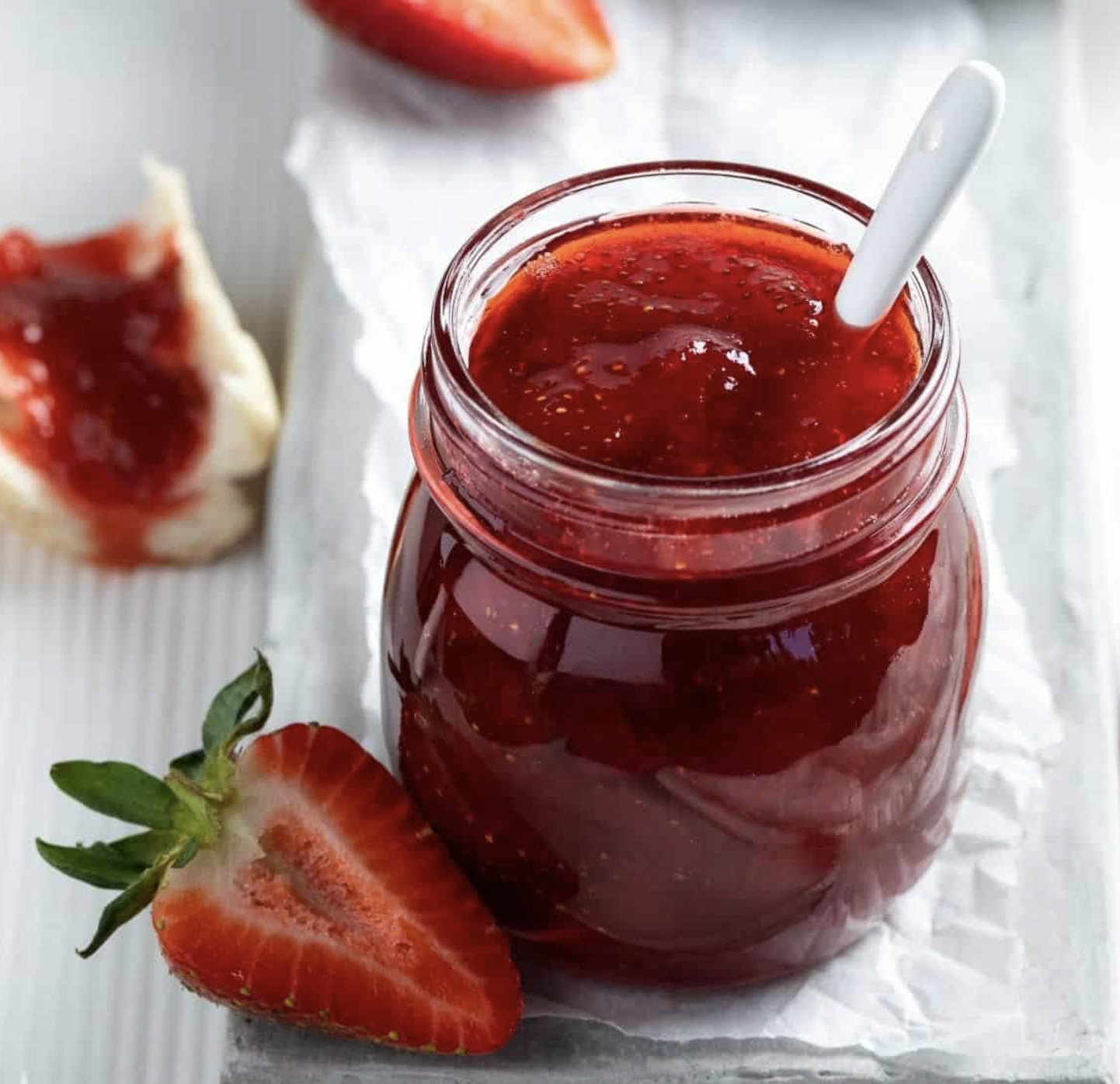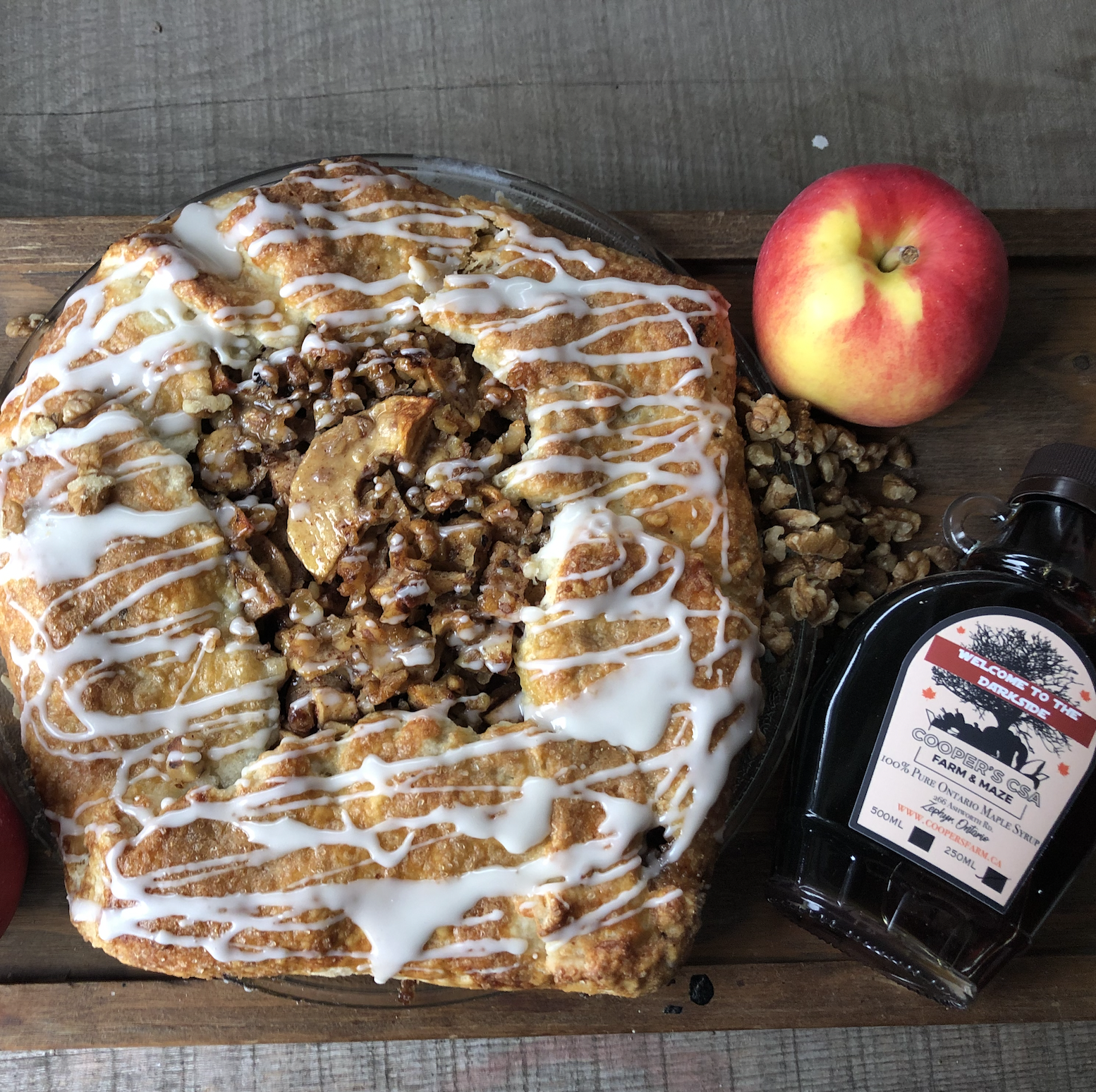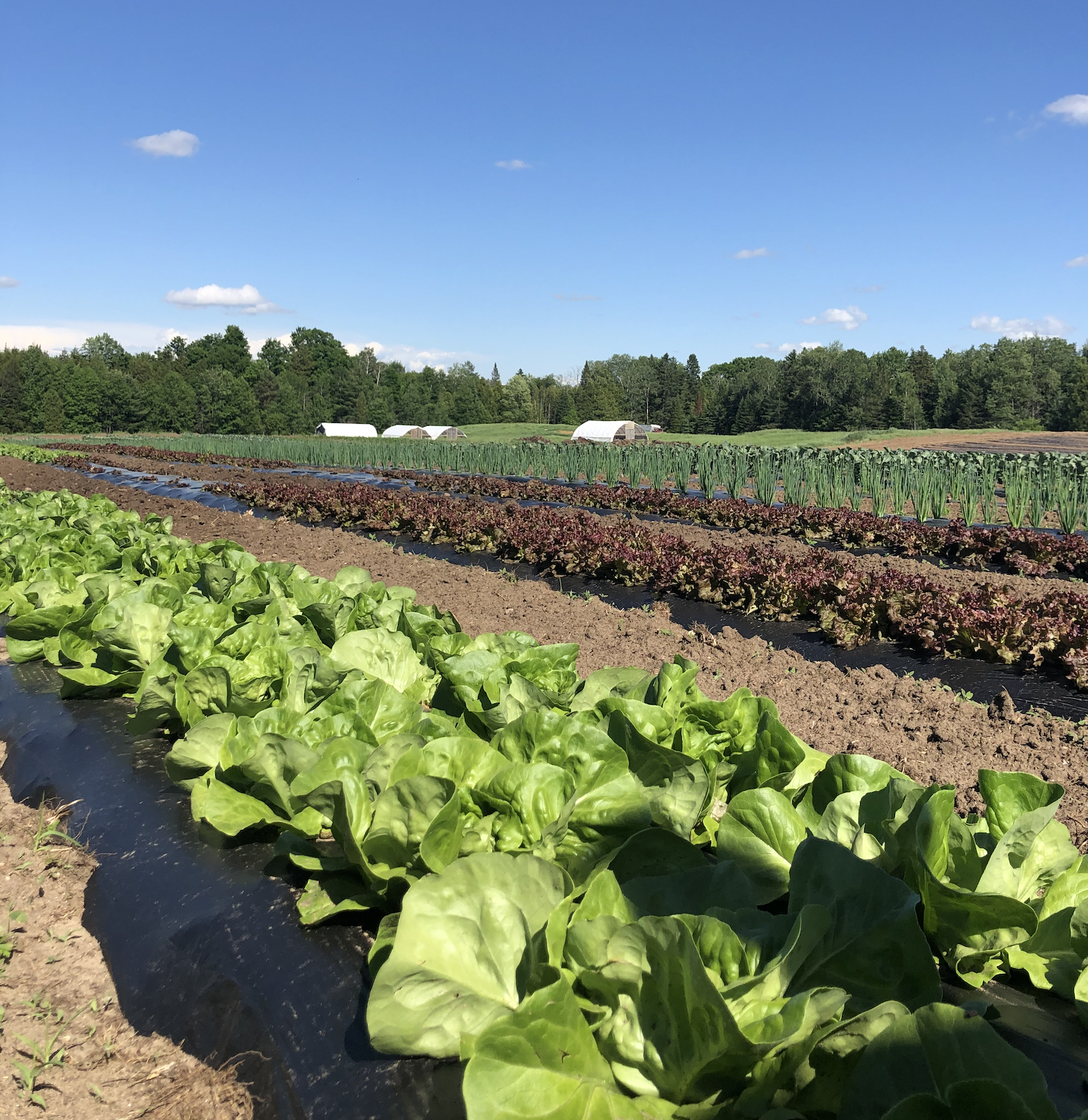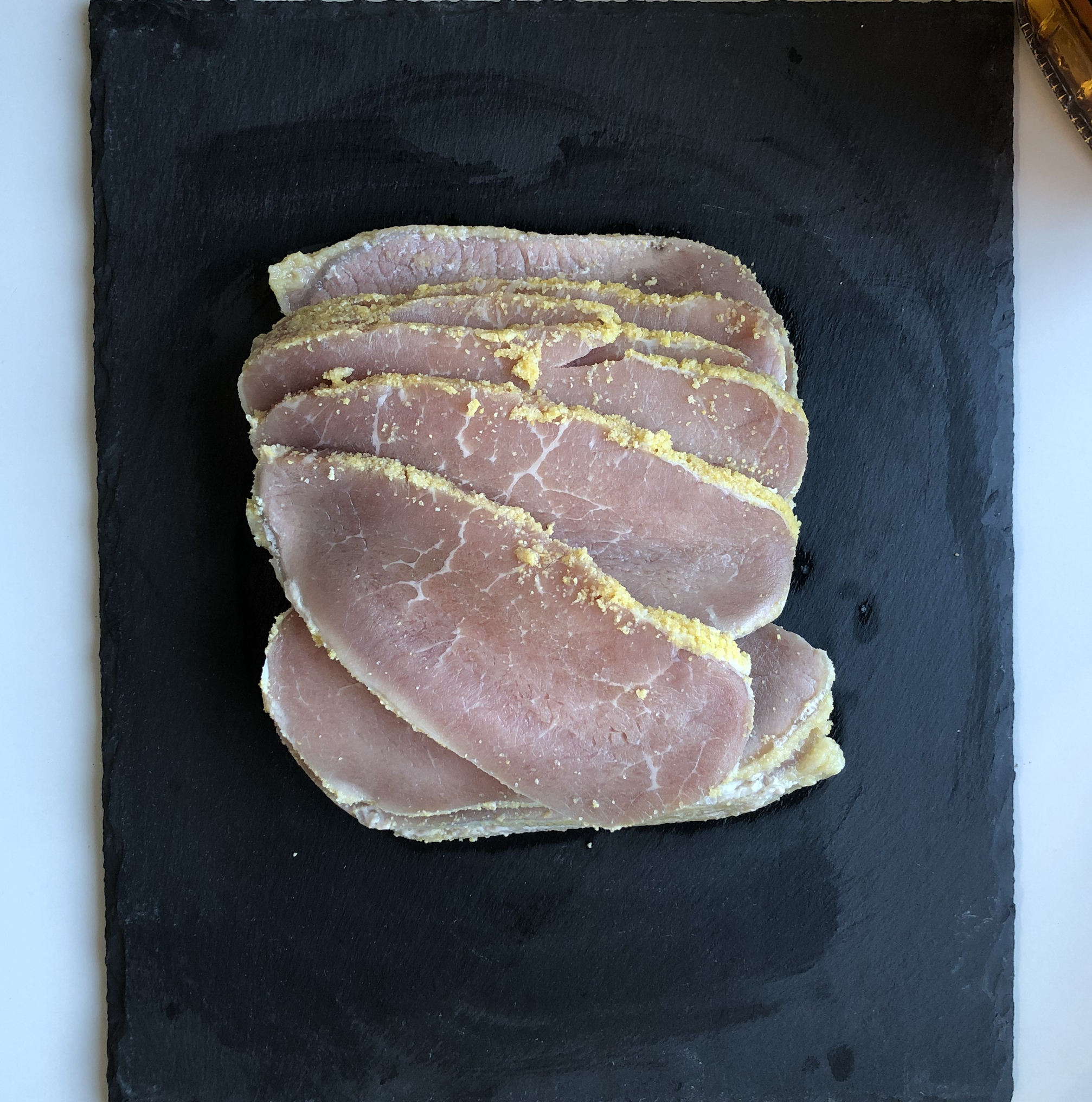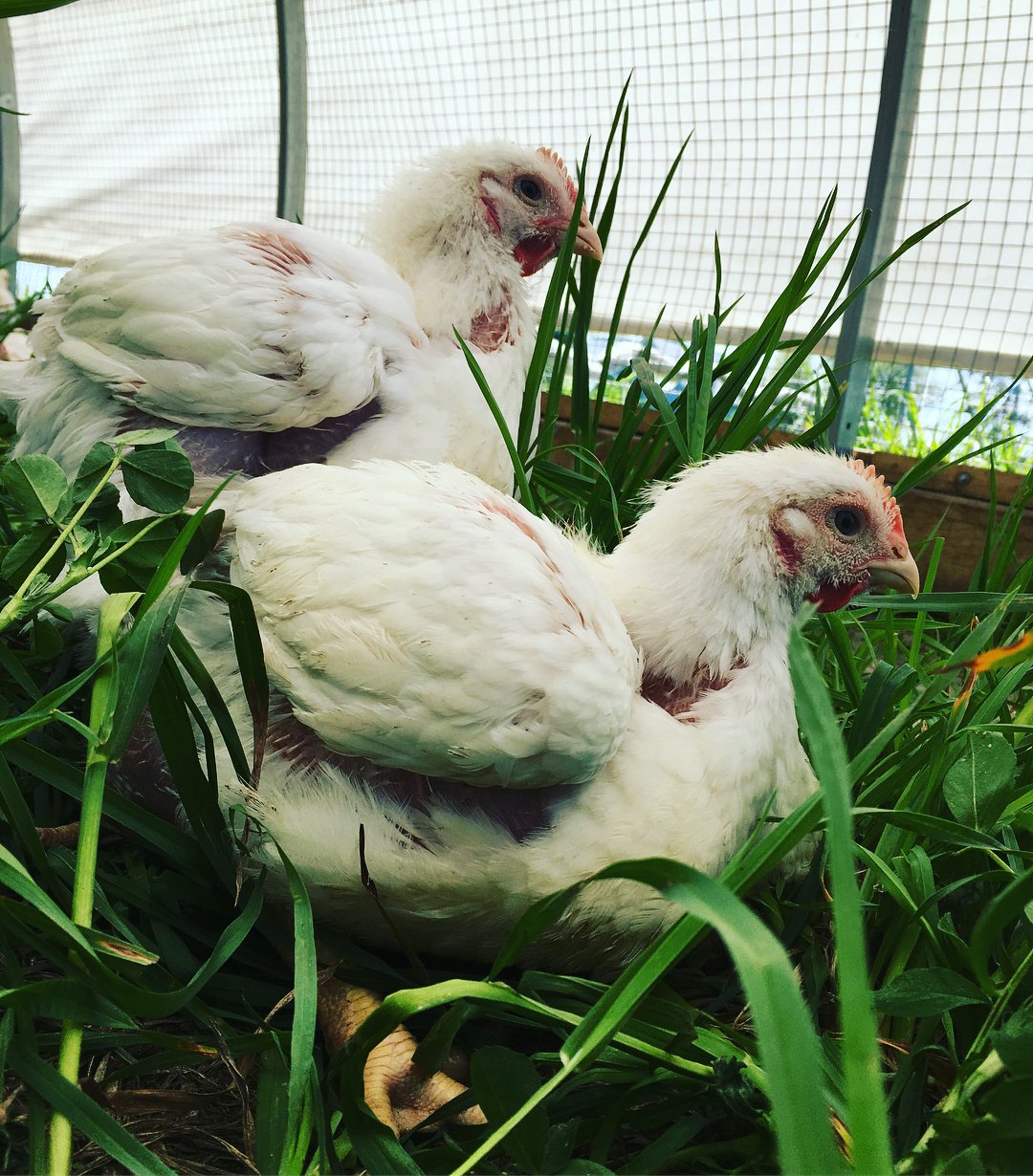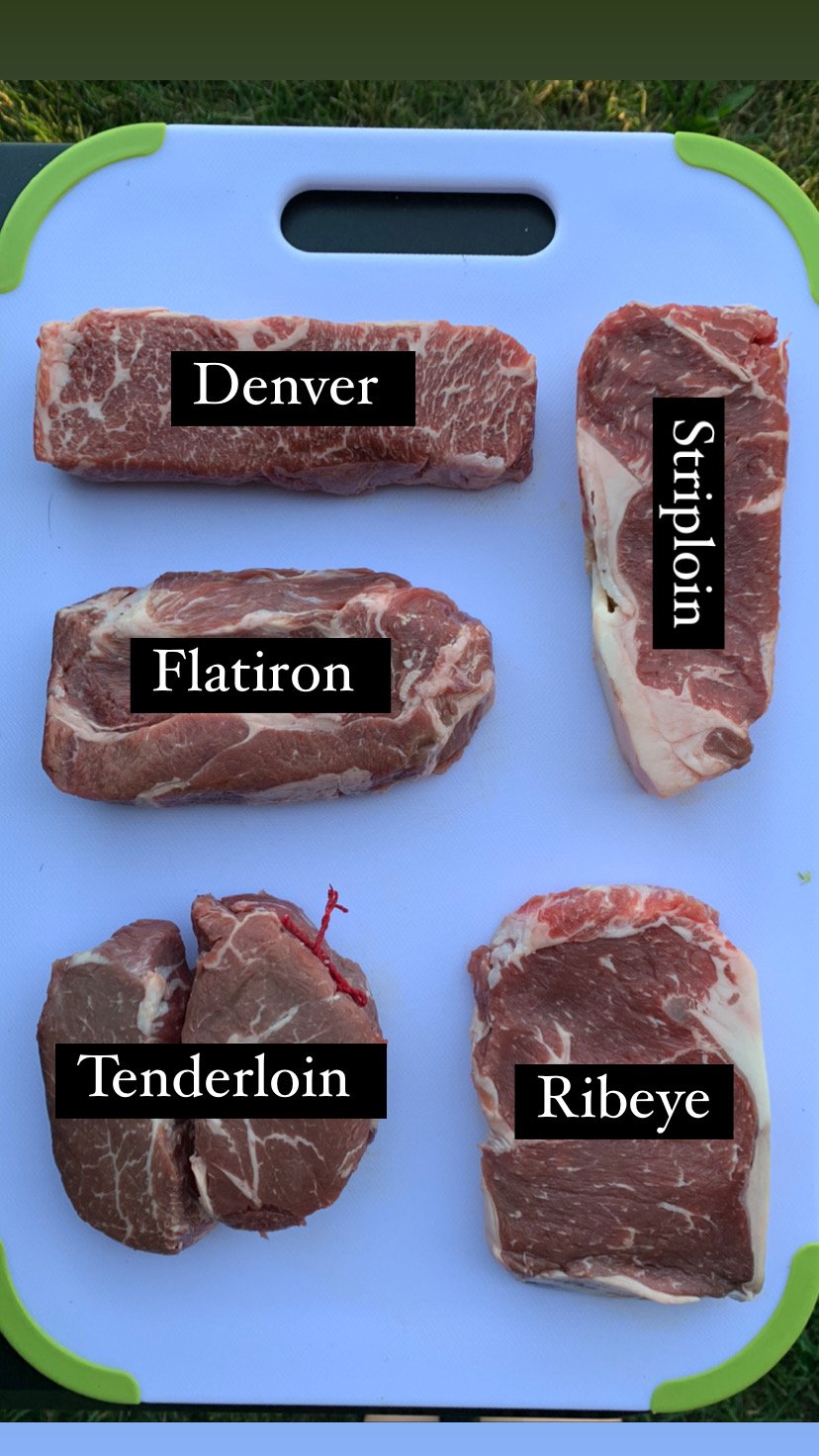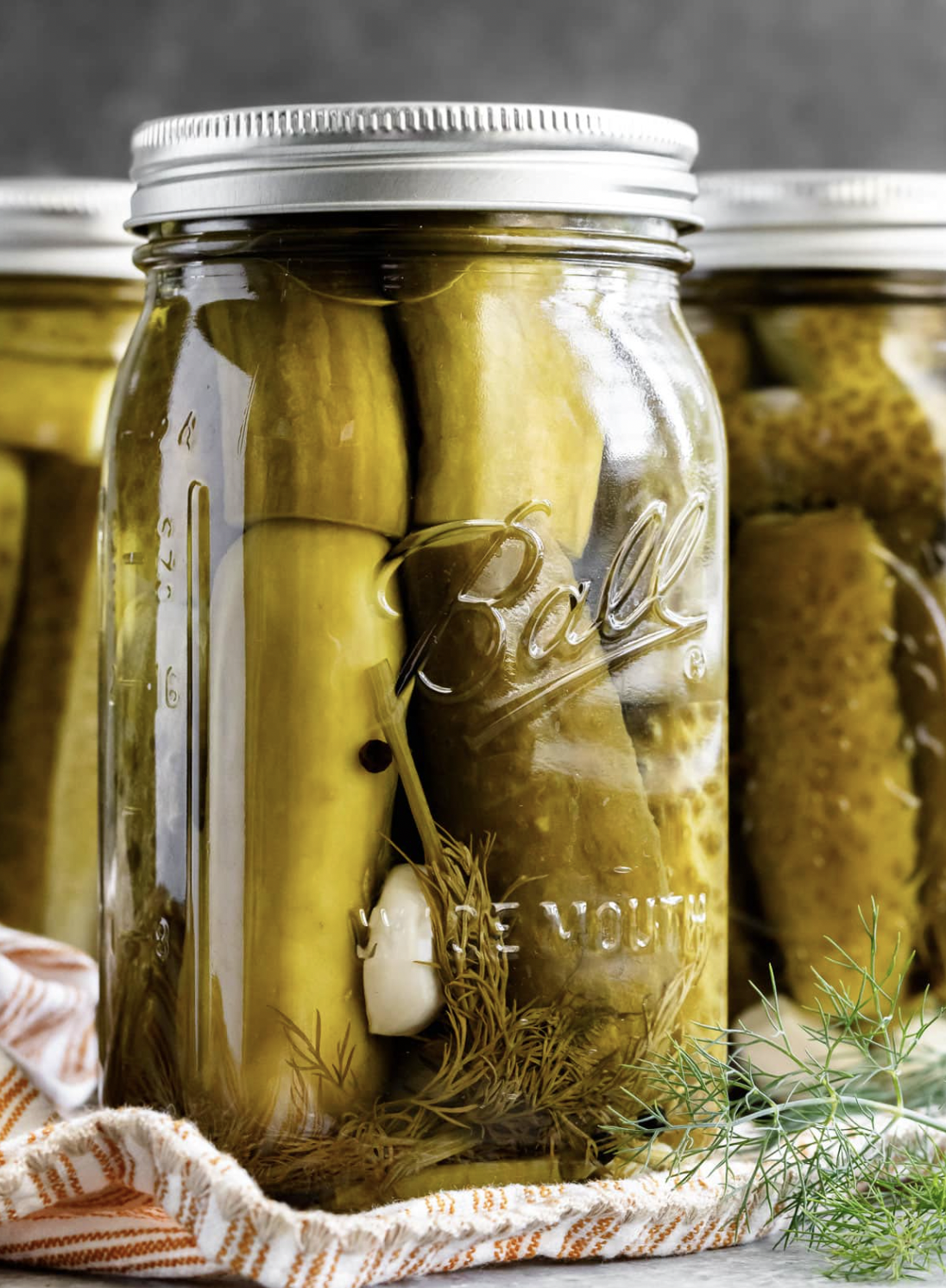Our Online Farm Store
How it works;
Create an account on our host platform, local line.
Upon creation, you will automatically be subscribed to our CSA Member weekly email list;
You will only be emailed from this list for things related to your membership, such as when the online store opens, member-only U-Pick Days, bonus offers, if we will be on holiday, etc.
When you can order:
We open the online store on Friday evenings between 7-9pm. You will get an email when it opens.
Online Stores closes Sundays at 2:00pm.
Your order will be scheduled for that coming week. (Delivery/pick up days will be listed at check out).
Shop;
Fill your cart with your favourite products.
Select your pick up day or delivery route.
Check out & pay.
Get excited for your delivery.
More specific details about our online store & being a CSA Member;
Shopping on the platform/Placing an order;
Minimum order of $45.
There are weekly features & sales.
You can sometimes find coupon codes in the weekly emails
Payment for orders;
Once you are done shopping, check out and pay for your order.
We accept credit cards OR you can load credits onto your account.
Bulk Payment Bonuses!
Anytime throughout the year you can add a bulk payment to your account and receive bonus credits.
You MUST pay via Cash/EMT/ or cheque.
To add a bulk payment to your account, create a local line account, then email us at steve-lisacooper@coopersfarm.ca and we will add them upon payment.
Your account will track your credits. As you shop, your orders will be paid with credits until you run out or add another bulk payment.
The bonus levels are;
$250 bulk payment gets you a $10 bonus credit.
$500 bulk payment gets you a $25 bonus credit.
$1000 bulk payment gets you a $60 bonus credit.
$1500 bulk payment gets you a $100 bonus credit.
$2000 bulk payment gets you a $130 bonus credit.
Returning packaging to us so we can reuse them
We really try to save money where we can so that we can also keep costs down for you as our customers, so we ask that you return the packaging whenever possible.
Bring your boxes, egg cartons, and freezer bags back on your next pick up orders.
Leave them on your door step for the delivery driver.
Leave us a delivery note that you have cooler bags or coolers on your porch for us to leave your items in and that we can keep our boxes & bags.
We missed an item in your order/you need to cancel/ etc.
Emails us.
We will happily credit missed items back onto your account.
We handle cancellations depending on your issue; we’re happy to chat.
Pick Up Locations
We have some pickup locations that change depending on the season.
Some members allow us to use their garage as a big pick up point.
Market Brew Co. in Newmarket is a great local to use as there is BEER & fun entertainment.
The farm is always an option, schedule your order & come visit us on the days we are open! Spend some time in a U-Pick Patch, seeing some of the livestock, or walking the farm.
Home Delivery
We offer delivery in York & Durham Region, most of the GTA, and most of Toronto (not downtown such as city place.)
There are delivery fees;
FREE delivery if you spend $200 or more!
We will not deliver if deemed too difficult to access your home/building.
This applies to many condos/apartment buildings
We do not go up multiple floors. We are happy to leave it with your front desk as long as an arrangement is made prior, and they are aware. Email us to set up an arrangement.
We need to be able to park and not get a ticket!!! If there is no parking we will not deliver.
Leave a cooler out for us to put your items into while they wait for you. (It helps us find your house too.)
We now have email alerts for when your box is dropped off!
Be prepared for your delivery/Pick up, it’s food!
Many items, such as meat and meals are frozen! They come in cooler bags but they only stay frozen for so long. So make arrangements in case you won’t be home in good time or maybe have a long drive.
Same goes for the produce, in the summer when it’s hot, you don’t want items such as berries sitting out too long.
Home Delivery Map;
CSA member benefits!
You get member bonuses such as
FREE passes to our corn maze season.
Private U-Pick Days.
Special sales on the platform.
First access to new crops ready to be harvested.
Often get free bonus produce when we have bumper crops.
Questions? Email us, we’re happy to chat with you!

How We Grow
Here at Cooper's, we like to farm the way nature intended with a combination of modern farming techniques which is why we have been an IPM (Integrated Pest Management) farm since 1993. Check out our growing practices and techniques below to learn more about how we are keeping farming sustainable and natural.
IPM
Integrated Pest Management is a farming practice that integrates cultural, biological, and conservation practices with modern technology to produce safe, environmentally sound food.
Basically what that means is that we use a wide variety of strategies (like crop rotation, beneficial insects, crop scouts etc...) to reduce chemical use and measure for actual pest threat. It is not unusual for conventional and larger organic farms to spray excessive amounts of preventative sprays - for an IPM farm this practice is eliminated through the careful monitoring of our produce. This leads to healthier soil, healthier plants, and healthier people. Pesticides are only applied as a last resort, and only pesticides that pose the least possible hazard are used. To find out more about how IPM is in practice at our farm, read each of the sections below. IPM is a big part of how we farm sustainably to create the best possible product for our family and yours.
Soil
Handling soil is the one of the most important jobs on the farm. Years ago, we decided to stop participating in the conventional style of managing soil - drenching the soil in a bath of nitrogen, phosphorus and potassium fertilizers - and started treating the soil like the living breathing entity that it is. One of the ways we do this is by feeding the soil compost - for instance, properly timed applications of manure and plowed in cover crops & green crops (green manure). When it is necessary, we will till the soil in order to mix it and aerate it, which prepares it for planting. We also add naturally occurring sources of nutrients to breed a balanced soil that holds all of the nutrients naturally available to plants-not just excessive amounts of the three mentioned above. Through these practices we create healthy soil, which yields healthy food all while maintaining the sustainability of our farm.
Rotational Grazing:
We use what we got! We have a lot of livestock, and in nature there is a balance so we use our livestocks habits to control pest around the farm! Poultry love to eat bugs in the soil, so we will graze our chickens and turkeys on the fields that will be used to grow our vegetables the following year. They greatly reduce dormant insect populations in the soil so the following year our use of insecticides are extremely reduced. We graze cattle on lots of fields, they have pastures designated specifically for them but we will use them to help graze down large crops such as old cron stalks, this way we can reduce our use with machinery. Our pigs work just as well as our plows! Pigs love to root up dirt looking for grubs, this turns up and aerates the soil for us so we don’t have to use tractors and plows!
Poop: All while the livestock are grazing these fields, they also leave behind manure! This is a great natural fertilizer for our fields. We love the balance of nature.
Healthy soil, healthy plants, healthy food!
Seed
When selecting which variety of seed to plant for all our different crops, we look for varieties that have exceptional flavour. There can be a night and day difference in flavor within the different varieties of one crop, so we have searched for the seeds that yield awesomely tasty produce. At times, this can mean sacrificing appearance or size (heirloom tomatoes for instance), but our produce is always cultivated from seeds of the best tasting.
The second thing we look for in seed is its ability to thrive in our soil conditions. Due to the sandy nature of our soil, we select seeds that will flourish in the drier, looser earth, as opposed to some varieties which prefer thicker, wetter clay.
The third thing we want is varieties that do well within the confines of our management systems. Seeds that are developed to be grown in baths of N.P.K fertilizers (mentioned above) and need tons of pesticides applied to survive don't work well on our farm, or our conscience. That is why we are constantly on the lookout for seeds that can sustain themselves in a way that requires the least amount of chemical interference, even if that means a little extra blood, sweat, and tears.
Weeds
Some weeds tell us there is a soil issue (eg. Dandelions indicate a hardpan) and some just love to grow in great earth.
Having control is critical to getting high quality crop. We use many different methods, tillage, stale seedbed, flaming, solarising, herbicides, and even hand pulling. The key is to gain control without damaging the soil or leaving harmful residues on the ground or your plate. Weed control is one of the most important aspects of running a market garden farm.
Pests
The great part about growing crops in healthy, well balanced soils is that there are very few pest problems. However, it is far from a perfect system.
Some pests are naturally found in our soil, no matter how healthy your plants or fields are, or how careful you are to manage them. Others may be carried in on the jet stream from all over the world, giving you no way to stop them feeding on your crops. Most pests are manageable in small numbers, but there are occasions when pests and diseases are overpowering, and action must be taken to save a crop. The short term fix is using a pesticide; however, the key to using pesticides safely is educating oneself about all facets of the chemical or biological agent being used. That's where the integrated pest management (IPM) farming practices comes in to play. We aim to create a healthy growing environment, using techniques such as beneficial insects, crop rotation, and constant monitoring to reduce the numbers of harmful pests. We use insecticides if we have a big problem ! (i.e. if we're going to lose our whole crop) - our IPM practices are typically more than sufficient to control for pests, it helps us prevent bug problems instead of always treating them.
Crop Scouts
Crop scouts are a key part in the IPM practice. We hire independent crop scouts to come to our farm twice a week, walk our fields and record levels of pests, disease, and other issues found in the crops.
From this information, we can monitor levels and make an informed decision about when to use control products. When we have to use control products, we choose organic pesticides first. They are generally safer than synthetics but we have to be careful as they are still toxic poisons. We will use a synthetic pesticide when an organic option is either too toxic, not available, or simply just ineffective. The key to using any pesticide (organic or not) is to use it at the right time with the lowest rate possible and then go back and check on how well it worked. We will not use pesticides (organic or synthetic) that leave residues in the food or in the soil. This type of chemical is called a 'non-systemic' spray. If we can't get control of a pest with the options provided we will "walk away from the crop" and let the animals graze it off or turn it back into the soil as green manure...and try again next year. The long term fix for pests is to address soil deficiencies (make sure soil nutrients are balanced) and look for issues in our crop management that may be contributing to the issues and fix them.
Continuing Education
We have 3 graduates in our family from Ridgetown Agriculture College that still today love to learn something new.
We are always trying to better our practices so we are very involved in keeping up with modern day research. We love making our job easier, our growing practices more efficient, and making our food healthy & taste amazing. We also like to keep our practices as efficient as posible so that we can keep our cost of production down (this is a good thing for somsumer so you don’t have to pay and arm & a leg for lettuce!)
We are always learning, changing and evolving.

